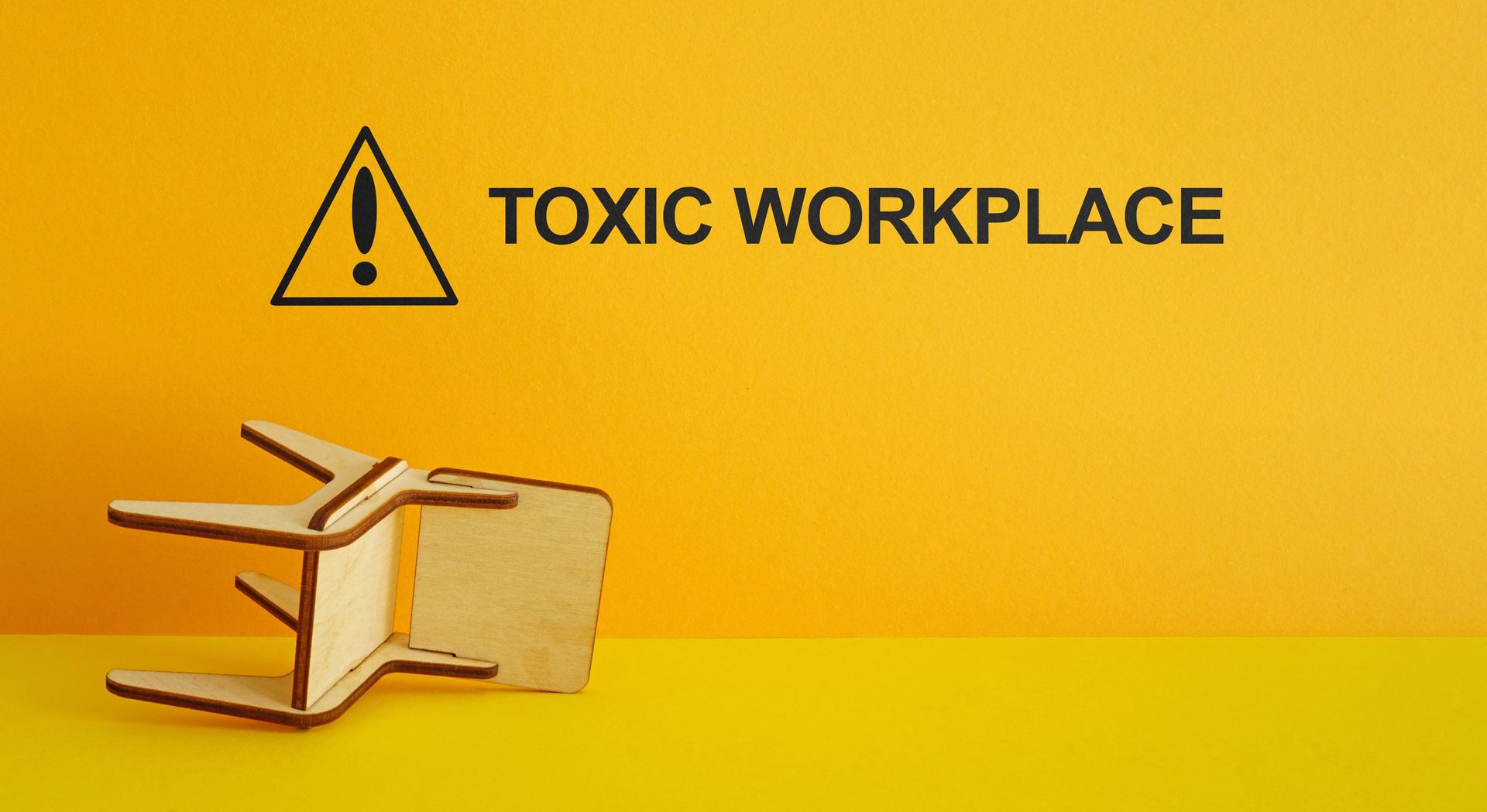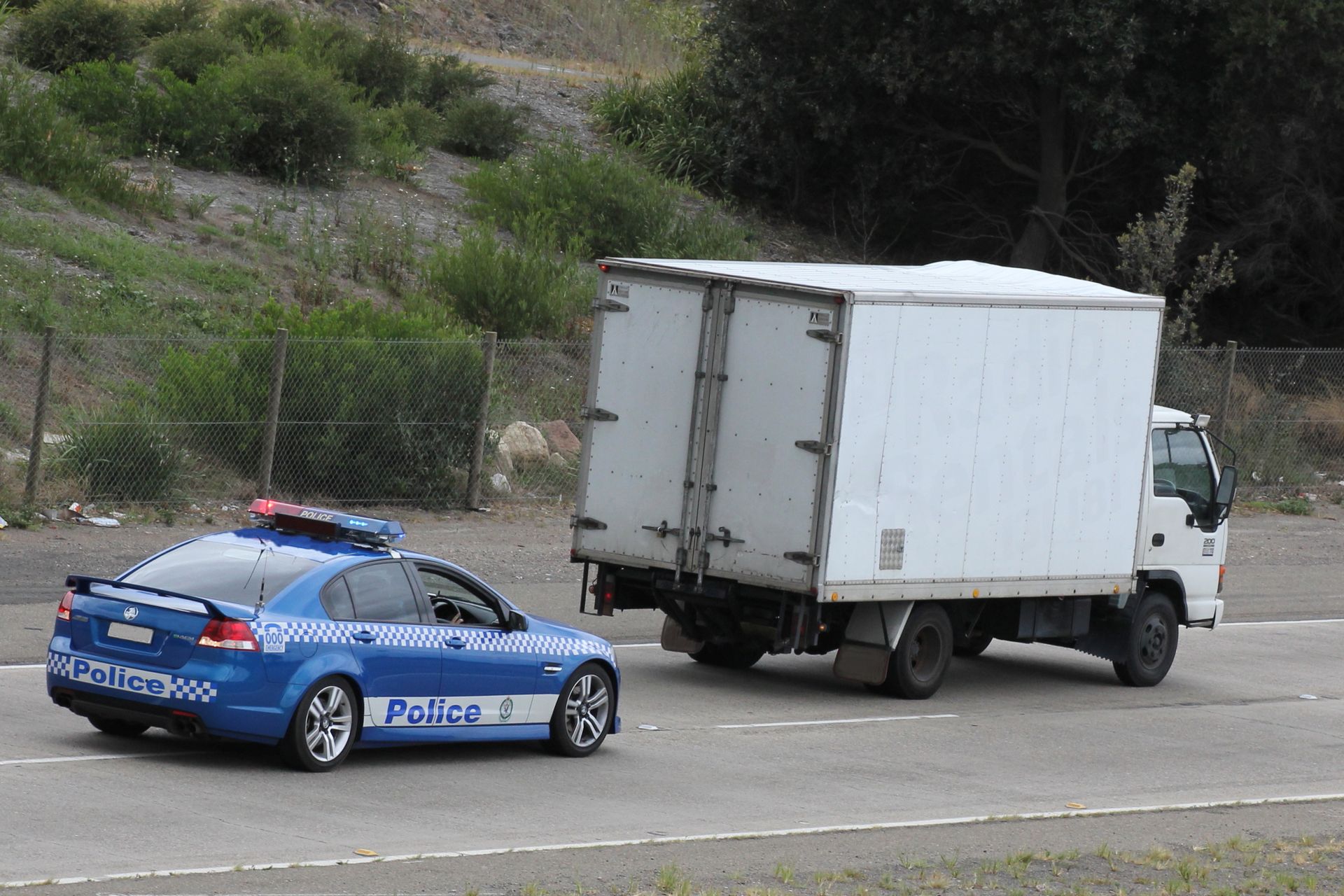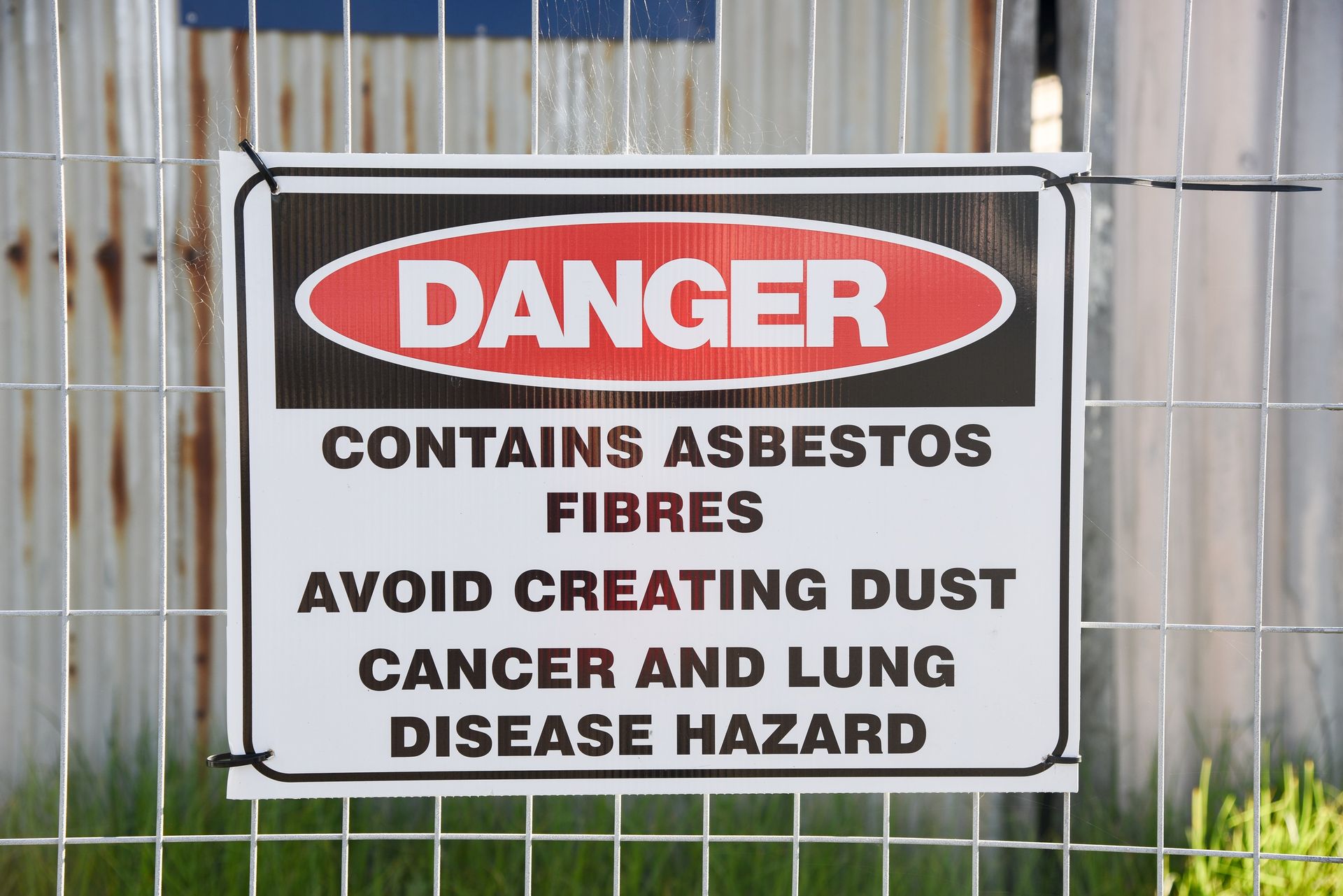Expertise
Children's Care & Protection
CARE & PROTECTION LAWYERS SYDNEY
Extensive Experience
Kells specialises in all areas of family law including children’s care and protection, child custody, child support, property and financial agreements and settlements.
Dedicated Team
Conveniently located in Sydney and across the Illawarra region, we offer the highest level of service, whilst remaining affordable and easy to talk to.
Trusted Family Lawyers
Nothing is more important to our team of family lawyers than upholding your rights and best interests throughout your legal process.
Here to Help
At Kells, our Sydney lawyers have extensive experience in child protection matters and are dedicated to supporting parents and other parties involved in care proceedings. We recognise that child protection cases can be highly emotional and difficult, which is why we offer clear, practical legal advice and empathetic support every step of the way.
If you need help with a child protection matter, reach out to Kells today to speak with one of our solicitors. We are here to provide the expert legal guidance you need.
How Can Our Children’s Care & Protection Lawyers Help?
Care and protection matters in New South Wales are governed by the Care and Protection Act 1998 (NSW). These proceedings are typically initiated by the Department of Communities and Justice (DCJ), the government body responsible for child protection, and are heard in the Children’s Court of NSW.
Unlike family law disputes, care and protection cases arise from allegations of abuse, neglect, or other serious concerns that result in State intervention. Matters like these can have profound implications for families, making it absolutely essential to seek expert legal advice if you are involved in such proceedings.
At Kells, our Sydney solicitors bring extensive experience in child protection matters and care proceedings. We offer expert legal advice and representation for parents, grandparents, and other concerned parties with care and protection matters.
We are committed to helping you understand your rights and responsibilities, advocating for you in court, and striving to secure the best possible outcome for you and your family.
Your voice matters, and we make sure it is heard. With compassionate support and a focused approach, we address your concerns and guide you through this challenging process in the most effective way for your family.
Frequently Asked Questions
-
What is Care and Protection Law?
Care and protection law focuses on cases brought by the NSW Department of Communities and Justice (DCJ), formerly known as Family and Community Services (FACS), in the NSW Children’s Court. Unlike private family law matters under the Family Law Act 1975 (Cth), these cases address the protection of children deemed to be ‘in need of care and protection’ or at ‘risk of serious harm.’
The Children and Young Persons (Care and Protection) Act 1998 (NSW) (the Care Act) outlines the grounds under which a child may be found to require care and protection. If the court makes such a finding, it can issue care orders, which may involve transferring parental responsibility from one or both parents to the State or another suitable person, such as a close relative.
-
What can the court do?
The Children’s Court has the power to make a variety of orders to protect children, including:
- Final Care Orders: Permanently transferring parental responsibility to the State or another suitable person.
- Supervision Orders: Permitting DCJ to oversee the child’s welfare and care arrangements.
- Contact Orders: Ensuring the child maintains relationships with specific individuals.
- Undertakings: Requiring parties to fulfil obligations in the child’s best interests.
The court can also issue interim care orders to address a child’s immediate safety while the case is ongoing.
Emergency Powers of DCJ
In urgent situations, DCJ can remove a child from their home without a warrant if the child is at immediate risk of serious harm. The Children’s Court must review such cases within a few days to determine the next steps.
-
Who can participate in care proceedings?
In care proceedings, the Department of Communities and Justice (DCJ) and the child’s biological parents are the primary parties to the case. The child is also represented by a lawyer, depending on their age:
- Independent Legal Representative (ILR): Appointed for children under 12, acting in the child’s best interests.
- Direct Legal Representative (DLR): Appointed for children 12 or older, following the child’s direct instructions, similar to how a lawyer represents an adult.
Others with a ‘genuine interest’ in the child’s welfare, such as relatives or close family friends, can apply for rights of appearance. If granted, they can fully participate by filing evidence, making submissions, and cross-examining witnesses. This requires a formal application to the court, supported by relevant evidence.
Individuals significantly affected by the court’s decisions may still have a limited right to be heard, even if they are not granted full rights of appearance.
If you wish to participate in care proceedings, Kells can provide the expert legal advice and representation you need to navigate this process.
-
What does the court consider when deciding a case?
In care proceedings, the Magistrate places the highest priority on the child’s safety, welfare, and wellbeing. The court’s decisions are guided by what is in the child’s best interests, even if this differs from the wishes or opinions of the parents or other parties involved.
-
What happens in a care proceeding?
In care proceedings, the Magistrate first makes interim orders to address the child’s living and contact arrangements. Parties can provide evidence and request changes if significant circumstances arise.
The court then determines whether the child is in need of care and protection, considering factors such as neglect, abuse, or the absence of suitable caregivers. If the child is found to require protection, the case moves forward to establish final care orders.
The process may involve assessments of prospective carers, care plans, and dispute resolution conferences. If no agreement is reached, the matter proceeds to a final hearing, where the Magistrate makes binding decisions with the child’s wellbeing as the primary concern.
-
Is it possible to appeal a decision?
If you are unhappy with the final orders in care proceedings, you can appeal to the District Court for a rehearing.
In specific situations, the Supreme Court may also hear child protection cases under its parens patriae jurisdiction, which focuses on acting in the best interests of the child.
Our team at Kells can advise you on whether an appeal or a Supreme Court application is suitable for your circumstances.
-
Can final care orders be modified?
Under the Children and Young Persons (Care and Protection) Act 1998 (NSW), final care orders can be varied or rescinded if there is a significant change in circumstances. In such instances, an application can be made to the Children’s Court to reopen the matter.
If the court grants permission to reopen the case, a new hearing is conducted, allowing the party to request changes to or the dismissal of the existing final care orders. During this process, the court may issue interim orders to address the child’s immediate needs.
If you believe changes in circumstances warrant reopening a case, Kells can guide you in taking the appropriate steps.
OUR TEAM
Our Expert Lawyers
Get The Right Legal Advice for Your Care & Protection Matter
Call our family law team today to discuss your matter.
Request a Callback
Need help with a legal matter? Send us your details and one of our team members will be in touch.
Quicklinks
Expertise
Read Our Latest Insights
Our Locations
© 2022 Kells Your Lawyers | ABN: 88 235 192 916
Liability limited by a scheme approved under Professional Standards Legislation











